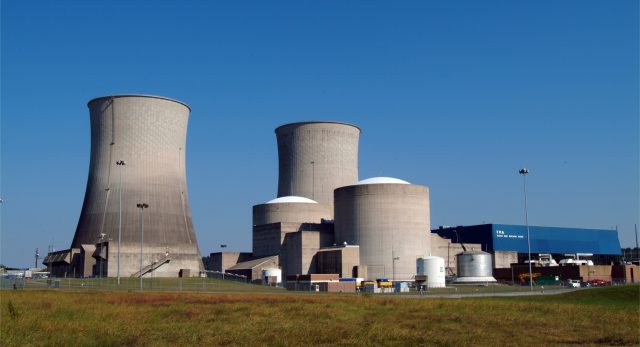The future of nukes: Even if everything goes wrong, nothing happens
Ars Technica » Scientific Method 2013-12-23
GOTHENBURG, SWEDEN—Carlo Rubbia, Nobel Prize winner and former Director General of CERN, has spent his more recent career thinking about energy, and he has some strong thoughts on nuclear power. Those thoughts have been driven in part by climate change (nuclear provides the only source of low-carbon electricity that can be deployed anywhere), but they've also been driven by the events at Fukushima.
At least twice during a Nobel Dialog panel, Rubbia said that the sort of risk analyses that we've been doing for nuclear power are simply insufficient. The analyses are based on probabilities: if the failure of a given pump creates an obvious risk, you simply put in a second pump, then a third if necessary. In the end, you get an infinitesimal risk that you can approximate as zero. But Fukushima, Rubbia argued, showed that these calculations simply don't work in the real world.
In its place, Rubbia said that we need to have some form of design that makes safety deterministic—something where, even if things go completely wrong, nothing happens. Nuclear reactions continue at a controlled rate, and all the materials remain contained.
Read 7 remaining paragraphs | Comments
